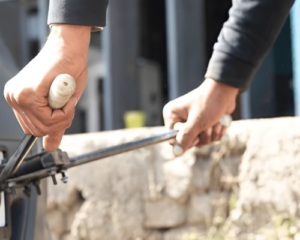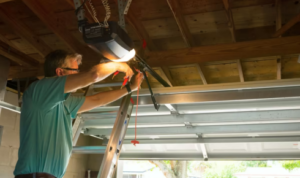
SBA Feasibility Study
In today’s dynamic business landscape, conducting a thorough feasibility study is a critical step for entrepreneurs, organizations, and policymakers aiming to assess the viability of a project or venture. Whether it’s a USDA Feasibility Study, an SBA Feasibility Study, an International Feasibility Study, a general Feasibility Study, or a Carbon Credit Feasibility Study, each type serves a unique purpose tailored to specific goals and industries. This article explores these variations, their importance, and how they can pave the way for informed decision-making.
What is a Feasibility Study?
A Feasibility Study is an in-depth analysis designed to evaluate the practicality and potential success of a proposed project. It examines factors such as technical feasibility, economic viability, legal considerations, and operational challenges. By identifying risks and opportunities, a Feasibility Study helps stakeholders determine whether to proceed with an idea or refine it further. Depending on the context, specialized feasibility studies like the USDA Feasibility Study, SBA Feasibility Study, International Feasibility Study, and Carbon Credit Feasibility Study cater to distinct needs.
USDA Feasibility Study: Supporting Agricultural Ventures
The USDA Feasibility Study is tailored for agricultural and rural development projects, often aligned with programs offered by the U.S. Department of Agriculture (USDA). This type of study is essential for farmers, agribusinesses, and rural entrepreneurs seeking funding or grants, such as those under the USDA’s Rural Development programs. It assesses aspects like market demand for agricultural products, resource availability, and environmental impact. For instance, a USDA Feasibility Study might analyze the viability of launching a new organic dairy farm, ensuring it meets regulatory standards and has a sustainable revenue model.
SBA Feasibility Study: Empowering Small Businesses
The SBA Feasibility Study is closely tied to the U.S. Small Business Administration (SBA), which supports entrepreneurs through loans and resources. This study is a prerequisite for many SBA loan applications, helping small business owners validate their concepts before seeking financial backing. It dives into market analysis, competitive positioning, and financial projections. For example, a startup planning to open a boutique retail store might use an SBA Feasibility Study to demonstrate profitability and secure an SBA 7(a) loan. This process ensures lenders and owners alike are confident in the venture’s potential.
International Feasibility Study: Navigating Global Markets
An International Feasibility Study is vital for businesses eyeing expansion beyond domestic borders. This study evaluates the feasibility of entering foreign markets, considering factors like cultural differences, international regulations, logistics, and currency risks. Companies planning to launch products or services overseas rely on this analysis to mitigate uncertainties. For instance, a tech firm exploring a new branch in Asia would conduct an International Feasibility Study to assess local demand, competition, and compliance with trade laws, ensuring a smooth global rollout.
Carbon Credit Feasibility Study: A Step Toward Sustainability
With growing emphasis on environmental responsibility, the Carbon Credit Feasibility Study has gained prominence. This study assesses the potential for a project to generate carbon credits, which can be sold or traded to offset emissions. It’s particularly relevant for industries like renewable energy, forestry, and manufacturing. The analysis includes measuring carbon reduction potential, verifying compliance with international standards (e.g., Verified Carbon Standard), and estimating financial returns. A company installing solar panels, for example, might use a Carbon Credit Feasibility Study to determine if the initiative qualifies for credits and delivers a positive ROI.
Why Conduct a Feasibility Study?
Regardless of the type—USDA Feasibility Study, SBA Feasibility Study, International Feasibility Study, or Carbon Credit Feasibility Study—the core purpose remains the same: to minimize risks and maximize success. These studies provide data-driven insights, helping stakeholders avoid costly mistakes. They also enhance credibility when pitching to investors, lenders, or government agencies. By addressing technical, financial, and market-related questions upfront, a Feasibility Study lays a solid foundation for any project.
In conclusion, whether you’re an agribusiness owner, a small business entrepreneur, a global corporation, or a sustainability advocate, choosing the right feasibility study is key to achieving your objectives. Each variant offers tailored solutions to unique challenges, ensuring your venture is both practical and profitable.








